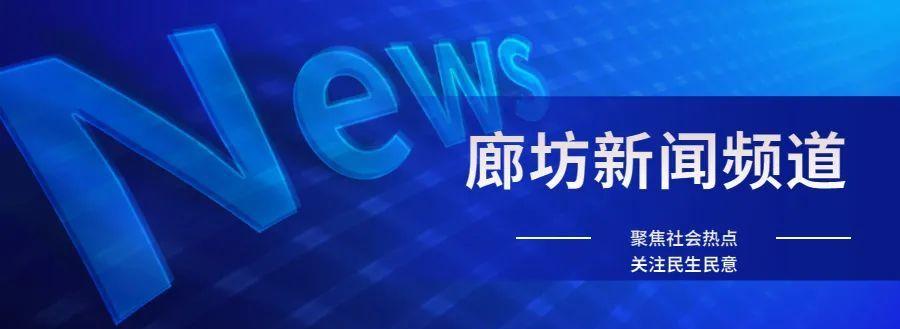
Limits 5 and 0 today Limit 1 and 6 tomorrow
In 1915, Yuan Shikai, in order to gain the support of Japanese imperialism and ascended the throne as emperor, shamelessly signed the "Twenty-one Articles" traitorous treaty that humiliated the country. The news of this national grief reached the ears of Jin Fozhuang, who was studying at Dongyang County High School, and he was greatly shaken. He took the case and asked himself bitterly: "Talent for the country!" Talent for the world! From the military! Research science! Seeing that the country is about to die, we should not be a student in vain and die in silence. He was determined to "give up the study of science and serve the country in the military."
Jin Fozhuang (1897-1926), a native of Dongyang, Zhejiang. In his early years, he attended Dongyang County High School. Later, he was admitted to the Baoding Army Officer School in Hebei Province. In the first half of 1922, Golden Buddha Zhuang joined the Chinese Socialist Youth League and organized the progressive group Nongshu Society on campus. After graduating from the military academy in July, Jin Fozhuang went to Hangzhou to serve as a platoon commander, a company commander, and a battalion commander in the Chen Yi Department of the Zhejiang Army. In September, he became a member of the Communist Party of China, becoming one of the three members of the Hangzhou Group, the earliest party organization in Zhejiang.
After joining the party, under the leadership of the party and the league organization, Golden Buddha Zhuang "engaged in revolution, propagated the revolutionary movement, and advanced revolutionary ideas." He actively participated in the activities of the progressive youth group "Hangzhou Youth Association" organized by the Hangzhou Prefectural Committee of the Chinese Socialist Youth League and the editing and publication of the semi-monthly magazine "Xiejin", and was arranged by the Hangzhou local league organization to undertake part of the editorial tasks for the publicly distributed "Zhejiang Min Daily" to publicize revolutionary ideas.
In June 1923, Jin Fozhuang went to Guangzhou as a representative of Zhejiang to attend the Three Congresses of the Communist Party of China. In the spring of 1924, he was ordered to Guangzhou to participate in the establishment of the Whampoa Military Academy, and successively served as the captain of the third team of the first student team of the Whampoa Military Academy, the commander of the third battalion of the second regiment of the second regiment of the military academy, the party representative and regimental commander of the second regiment of the first division of the first army of the National Revolutionary Army, and successively participated in the suppression of the "business group" in Guangzhou and the rebellion of the Warlords of Yunnan and Gui, as well as the two eastern crusades against the Guangdong warlord Chen Jiongming. After the "Zhongshan Ship Incident" in March 1926, Jin Fozhuang was dismissed from the post of regimental commander and returned to the military academy to serve as the chief instructor of military science, the chairman of the reorganization committee, and the chairman of the law and regulations review committee. After the start of the Northern Expedition, he served as the deputy chief of staff and the chief of the third section of the General Headquarters of the Northern Expeditionary Army, and was soon promoted to the rank of major general of the Guard Regiment of the General Headquarters, and moved with the headquarters to Guangdong, Hunan, Jiangxi and other places, and led his troops to participate in the battle to conquer Nanchang.
After conquering Nanchang, Sun Chuanfang's "five-province coalition army" still occupied the provinces of Jiangsu, Zhejiang, and Anhui, and stubbornly resisted. Once, the head of the General Headquarters of the Northern Expeditionary Army held a meeting, and Jin Fozhuang attended as an observer. Thinking of the overall situation of striving for an early victory in the Northern Expedition, he took the initiative at the meeting and proposed that he be willing to return to Zhejiang, Shanghai, and other places to secretly plan a rapid uprising of the Zhejiang army troops through the old friendships he had previously made when he served in the Zhejiang army. Although he knew that the task of going to the Tiger's Den was extremely confidential and important and dangerous, and that the slightest leak would lead to the disaster of being killed, he still volunteered to go there. In early December 1926, Jin Fozhuang wore a suit and disguised himself as a comprador of a foreign firm in Shanghai, taking a British Pacific steamship from Jiujiang, Jiangxi, and going down the river to the east, but his whereabouts were revealed after boarding the ship. On the 11th, the ship arrived at the Xiaguan Wharf in Nanjing, and Meng Zhaoyue, commander of Sun Chuanfang's garrison in Nanjing, and Wang Qichang, commander of the gendarmerie, were already under martial law in Xiaguan, and sent an inspector to get on the ship to search, and immediately arrested Jin Fozhuang and Gu Mingshi. The next day, they were secretly murdered in Yuhuatai, Nanjing.
Past period review
Click Share
Click Favorites
Thumbs up
Edit|90 Source|" Learning to Power the Nation" learning platform
The copyright belongs to the original author, if there is infringement, please contact us in time to delete.